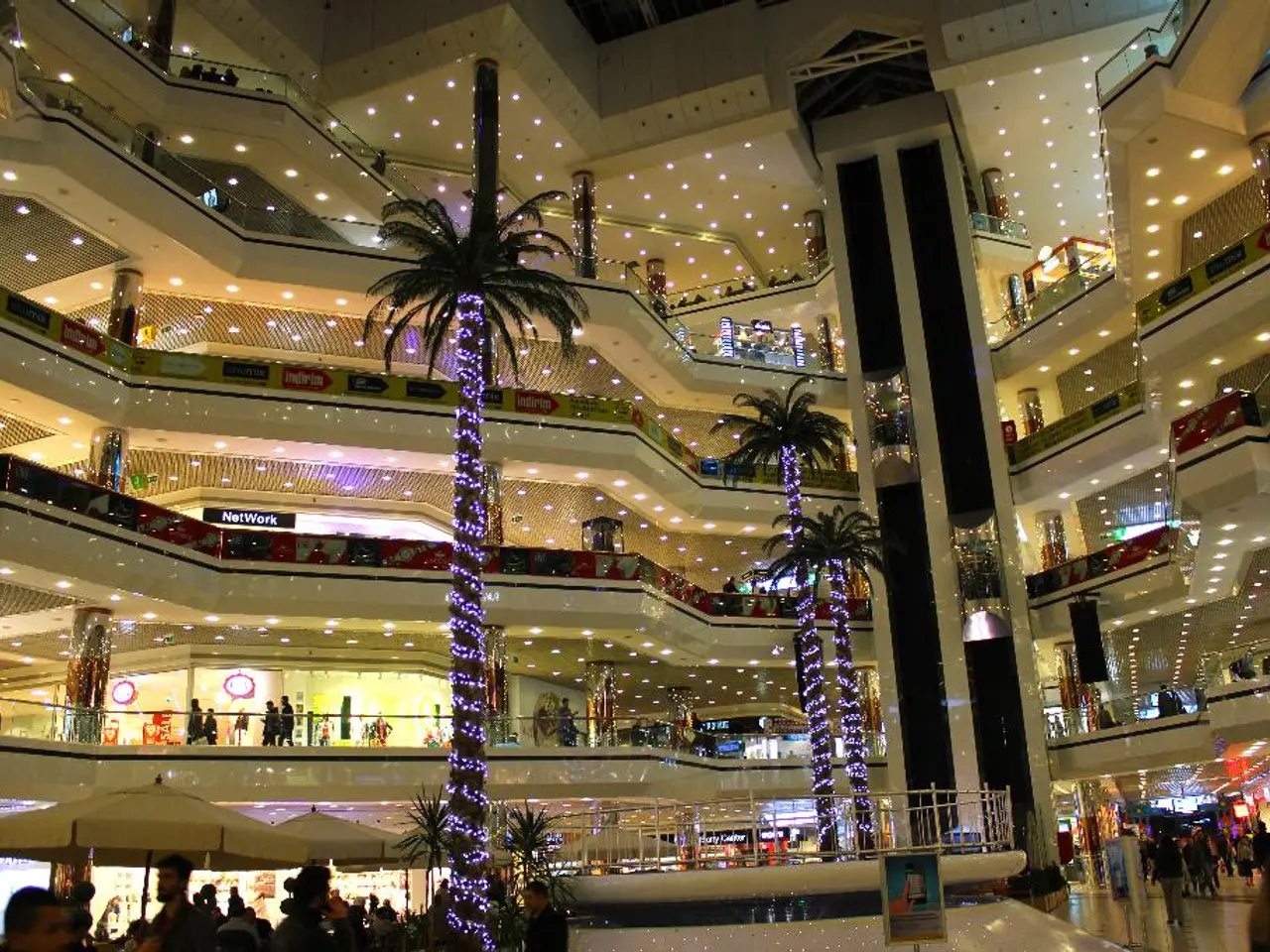Village Inns Disappearing in Brandenburg: A Local Decline
In the picturesque landscape of Brandenburg, Germany, family-run businesses and village inns are facing a myriad of challenges. From aging infrastructure to attracting new customers, these establishments are navigating a complex and ever-changing environment.
One such business is the Pfefferkorn fish farm, located in Altfriesack. One in four delivery invoices for the farm show a price hike, reflecting the rising costs that many businesses in the region are experiencing. Despite this, the Pfefferkorn family continues to operate, taking only two weeks of annual leave in the summer. The farm's outdoor seating by a pond, where ducks quack and water lilies bloom, offers a tranquil setting for patrons to enjoy fresh fish.
Another establishment facing similar challenges is "Bei Locker," a village inn in Nietwerder, part of Neuruppin. The inn's interior resembles a large, cozy living room, and it offers outdoor seating under a veranda for patrons to enjoy freshly prepared dinner with a fried egg. Dirk Engel, the owner of "Bei Locker," has been running it for over 30 years and earned his nickname at a different location, the 'Waldschenke Stendenitz.'
The German Hotel and Restaurant Association (Dehoga) reports that many hospitality businesses in Brandenburg are facing difficulties, including the lingering effects of the corona pandemic, labor shortages, lack of successors, thrifty customers, and rising food and energy prices. In Ostprignitz-Ruppin, there are even 70 percent less inns, making it crucial for those that remain to adapt and innovate.
To adapt, these businesses are employing various strategies. Community engagement and cultural revitalization are key, with some projects restoring old DDR-era ruins into community spaces. Sustainability and reuse are also important, with concepts like Kintsugi—valuing and restoring broken or discarded items—being embraced. Diversification of services, such as combining accommodation with cultural events, artisan markets, or nature-based activities, is another strategy used to attract wider audiences.
Marketing and quality improvements are also essential. Some inns invest in enhancing food quality, hospitality, and language skills among staff to appeal better to international visitors. These strategies are helping these businesses stay afloat and attract more customers.
Tourism brings hope to the Pfefferkorn family and Dirk Engel, as many guests now come from the surrounding area, not just the village. Despite the high time and energy investment required, both the Pfefferkorn family and Dirk Engel are continuing, remaining optimistic about the future.
The closure of the "Bärenschenke" inn in Nietwerder in 2019 due to financial reasons serves as a reminder of the challenges these businesses face. However, the resilience and innovative spirit of Brandenburg's village inns and family-run businesses continue to shine through, ensuring that these establishments remain a vital part of the region's cultural and economic landscape.
- The Pfefferkorn fish farm, like many other businesses in Brandenburg, is grappling with rising costs, as evident by the price hikes reflected on one in four delivery invoices.
- The German Hotel and Restaurant Association (Dehoga) has reported that lifestyle businesses in Brandenburg, such as village inns, are enduring challenges including financial issues, labor shortages, and rising food and energy prices.
- To stay competitive in the ever-changing environment, family-run businesses in Brandenburg are adopting strategies such as marketing improvements, sustainability initiatives, and diversification, like offering additional services such as cultural events and nature-based activities.




